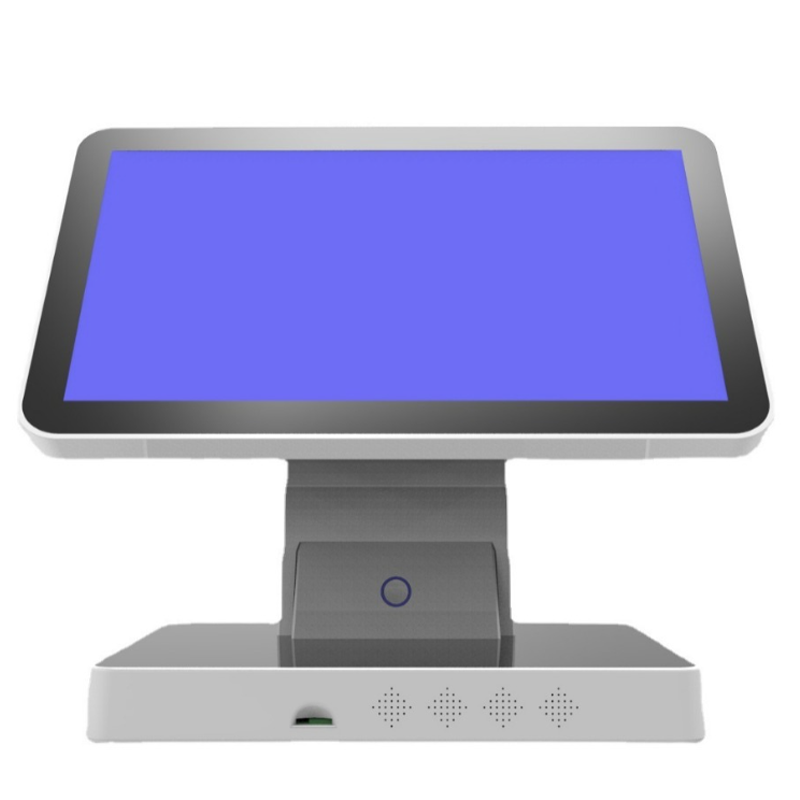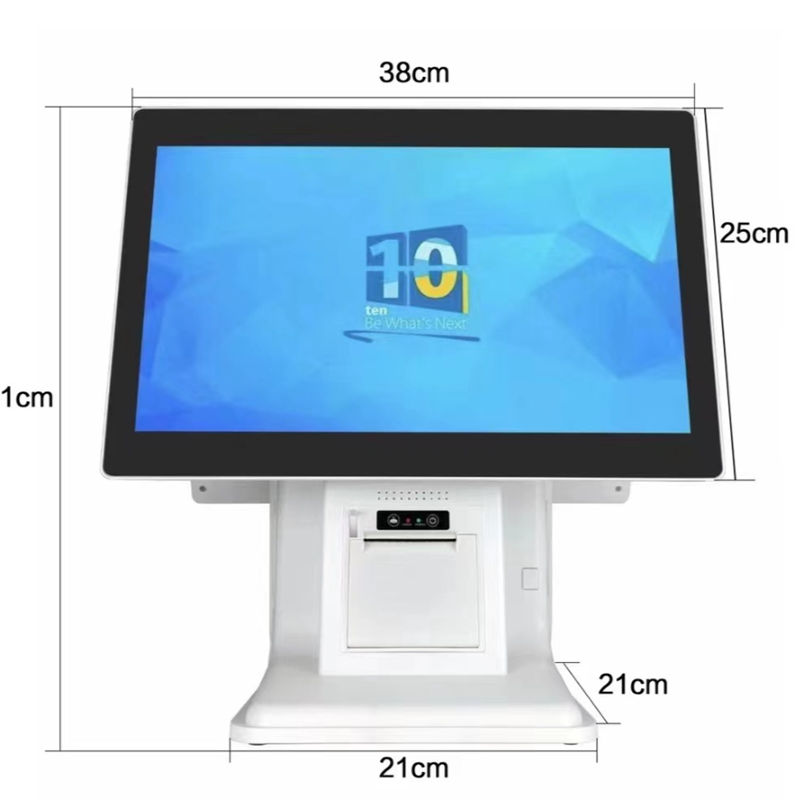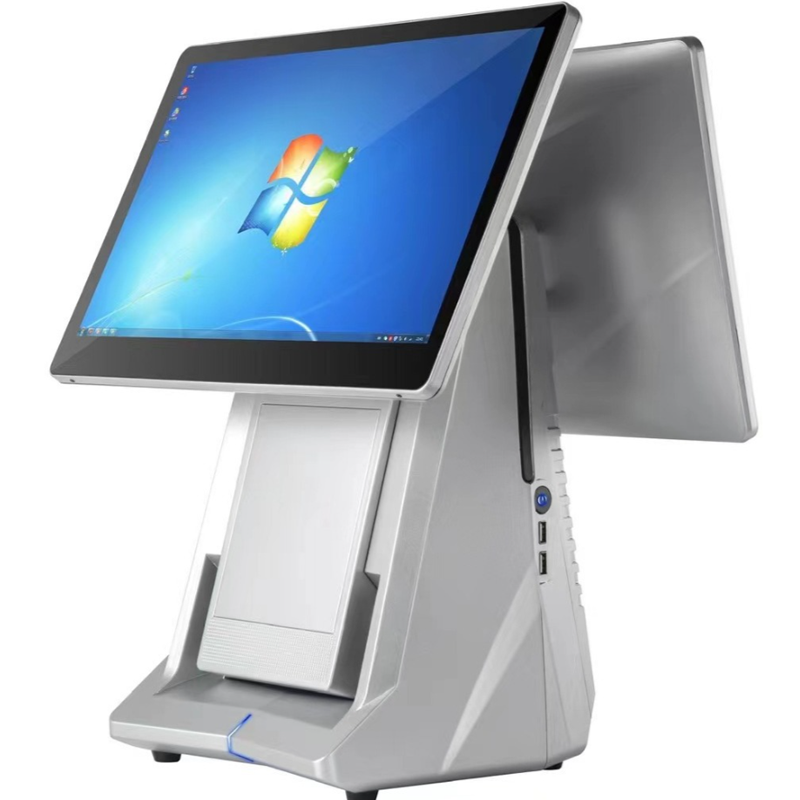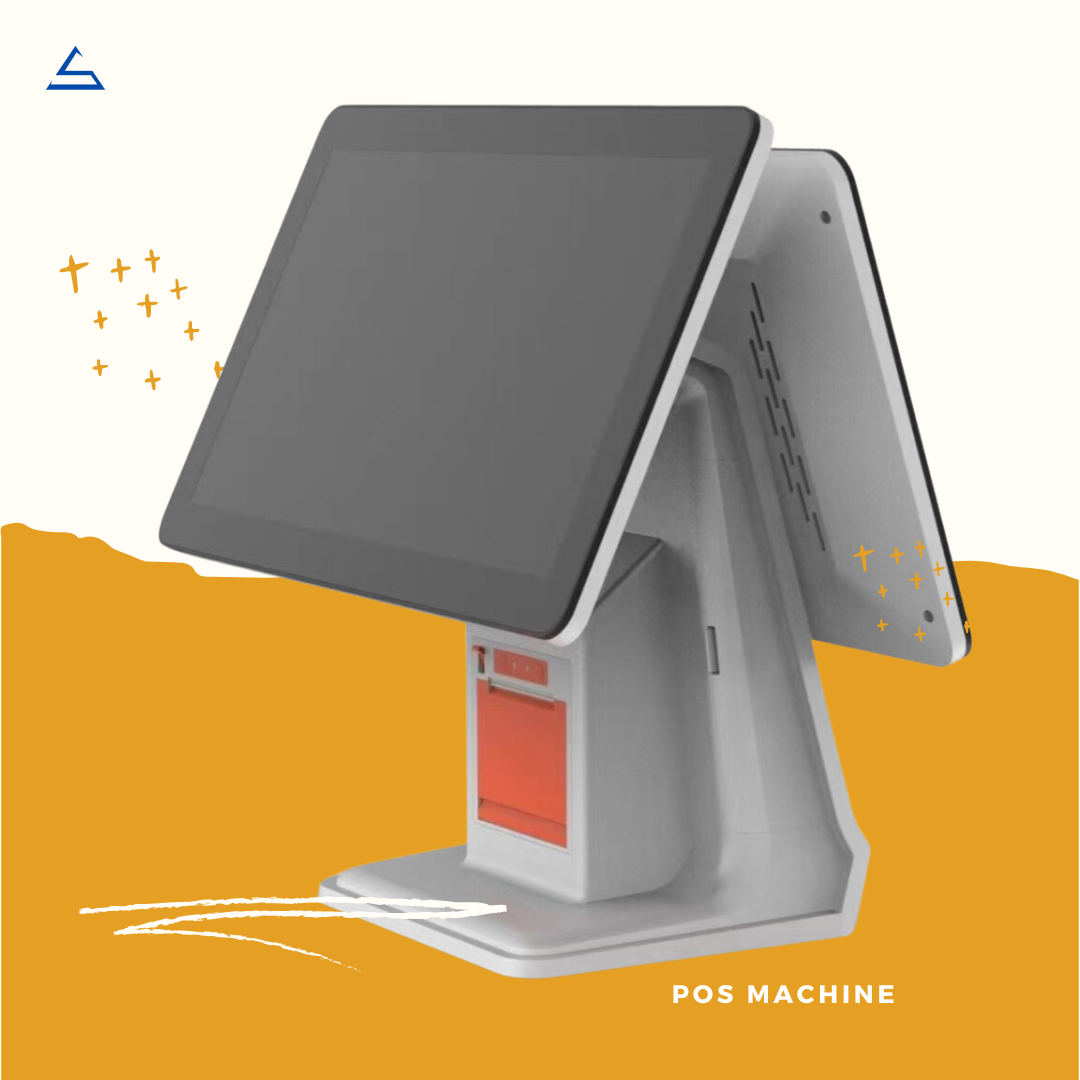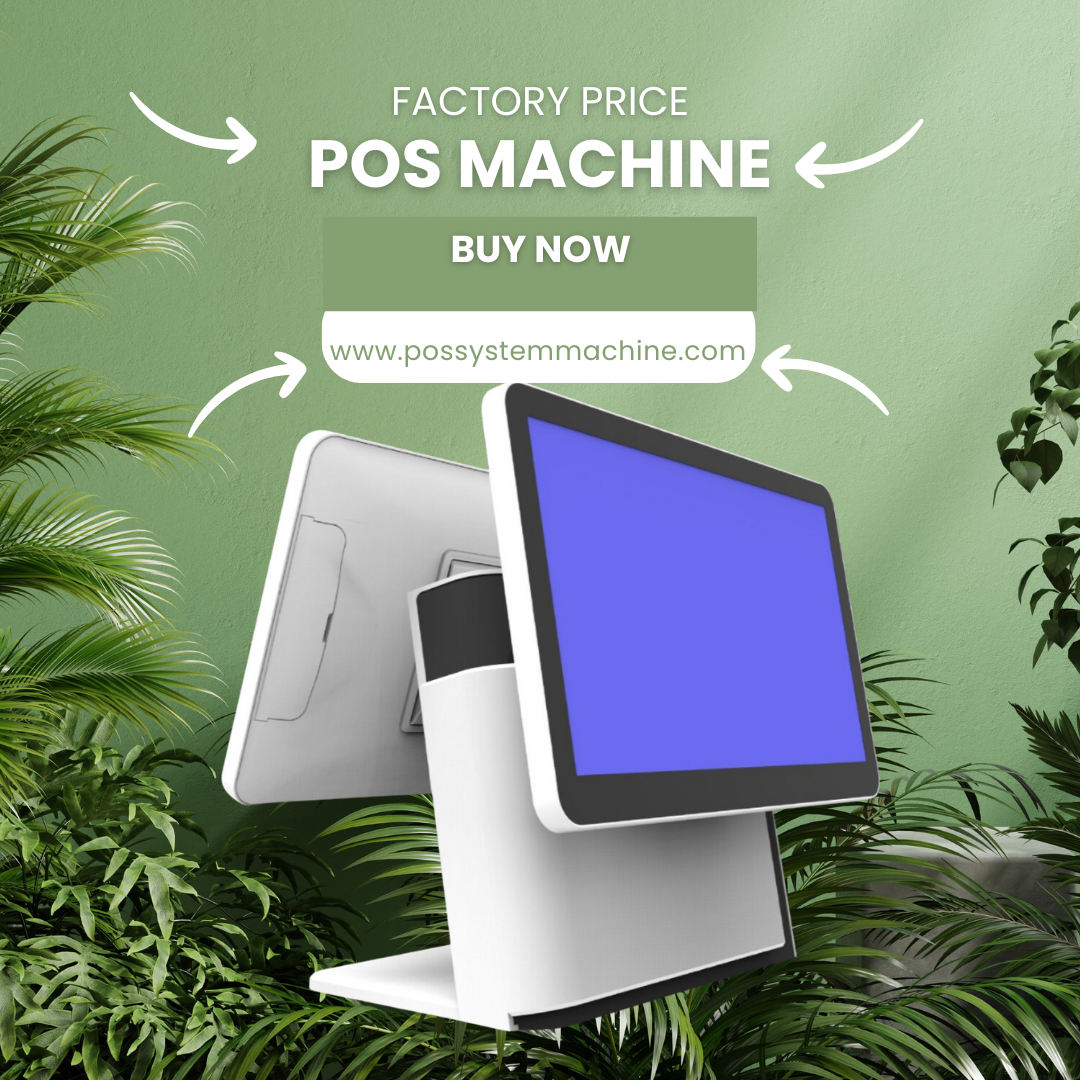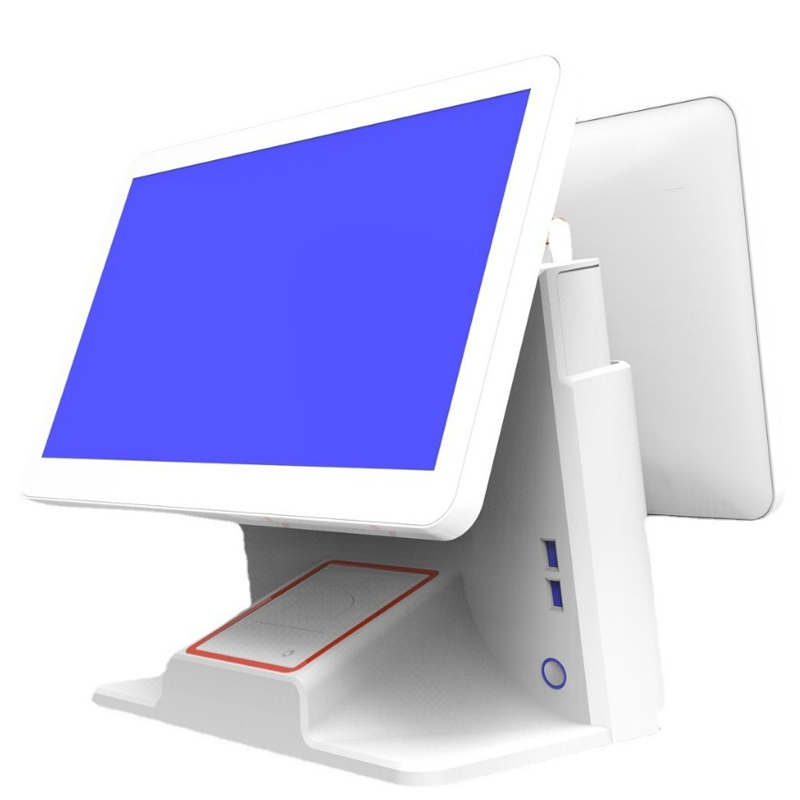What Is POS?
Table of Contents
Summary
In the fast-paced world of retail, efficient and reliable transaction systems are crucial for business success. Point of Sale (POS) systems serve as the technological backbone of retail operations, facilitating smooth customer transactions, inventory management, and insightful business analytics. These systems not only streamline daily operations but also provide retailers with valuable tools to enhance customer experience and optimize sales strategies. This article delves into the importance of POS systems in retail, exploring their functionalities, benefits, and transformative impact on modern business operations.

The Role of POS Systems in Retail
What is a POS System?
A Point of Sale (POS) system refers to the place and time where a sales transaction occurs, typically involving a customer purchasing goods or services from a retailer. POS systems are composed of both hardware and software designed to handle the complexities of retail transactions. From cash registers to advanced electronic POS terminals, these systems have evolved significantly, allowing businesses to automate payment processes, track inventory, and generate real-time sales data. POS systems are essential in various industries, including retail, hospitality, and services, enabling seamless transactions and ensuring operational efficiency.
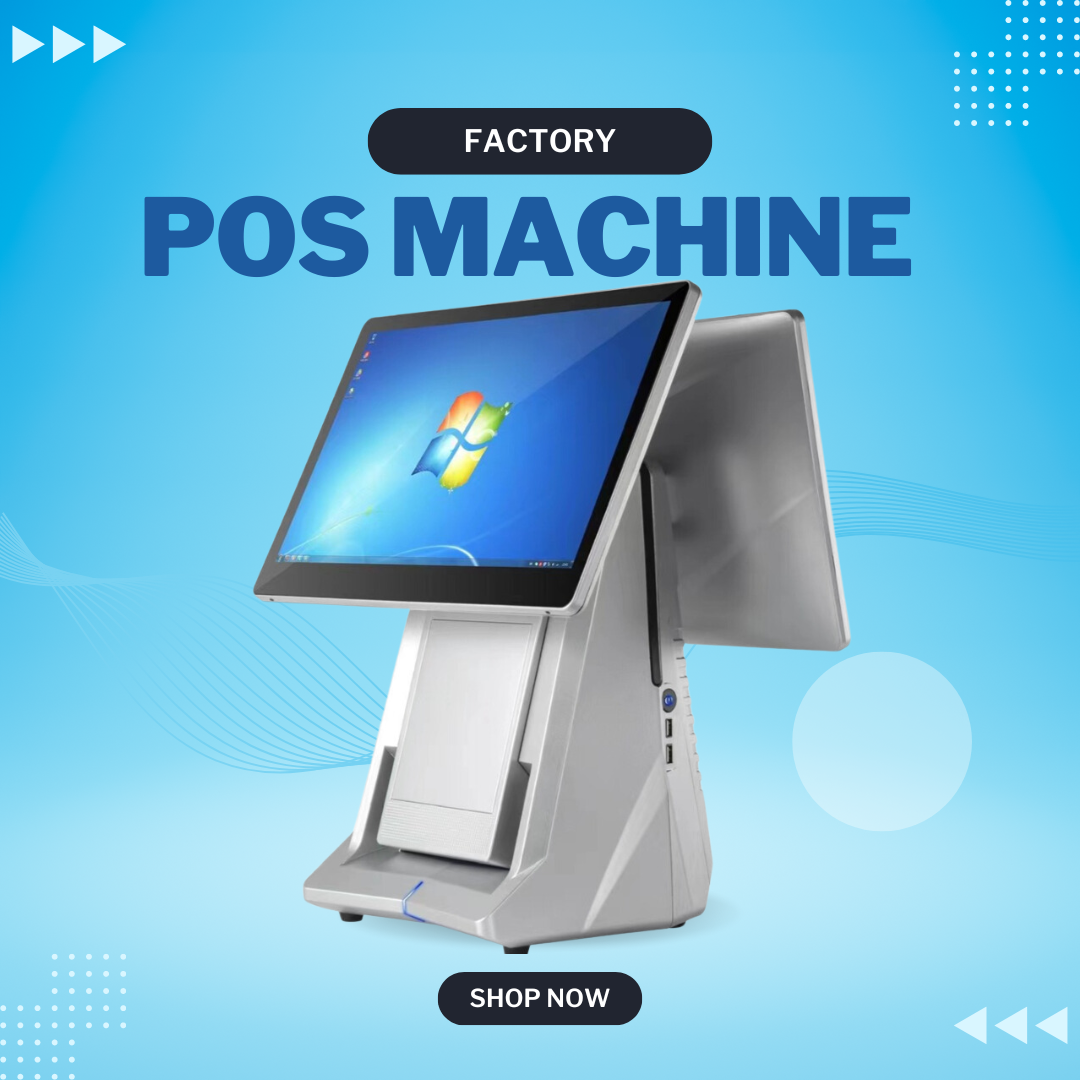
Benefits of Implementing a POS System
Streamlined Transaction Processing At the core of a POS system is its ability to simplify and accelerate transaction processes. By automating product scanning and payment processing, businesses can significantly reduce wait times for customers. This efficiency not only speeds up the checkout process but also enhances customer satisfaction by minimizing errors and delays.
Comprehensive Inventory Management Real-time inventory tracking is another critical feature of modern POS systems. As each sale is made, the system automatically updates inventory levels, giving businesses an accurate snapshot of stock availability. This feature helps retailers identify fast-moving products, anticipate reorder needs, and avoid stock shortages or overstocks. The result is a more organized and efficient inventory management process, ultimately leading to better supply chain control.
In-Depth Sales Analytics POS systems generate detailed reports that provide valuable insights into business performance. Retailers can analyze sales data to determine top-selling products, understand customer preferences, and assess the success of promotions. These analytics enable business owners to make informed decisions on product offerings, pricing strategies, and inventory management, ultimately driving profitability.
Enhanced Customer Engagement Modern POS systems integrate customer relationship management (CRM) functionalities, allowing businesses to build and maintain customer databases. This enables personalized marketing campaigns, loyalty programs, and targeted promotions. By understanding customer buying patterns and preferences, retailers can tailor the shopping experience, fostering stronger customer relationships and driving repeat business.
Secure Payment Processing Payment security is paramount in today’s retail environment. POS systems are equipped with advanced payment processing capabilities that support multiple payment methods, including credit cards, mobile payments, and digital wallets. Adhering to industry security standards, these systems protect sensitive customer data and reduce the risk of fraud, offering peace of mind to both retailers and customers.
Tags
Product
Blog
Contact Us
Related Products
Frequently asked questions about wood box manufacutring

